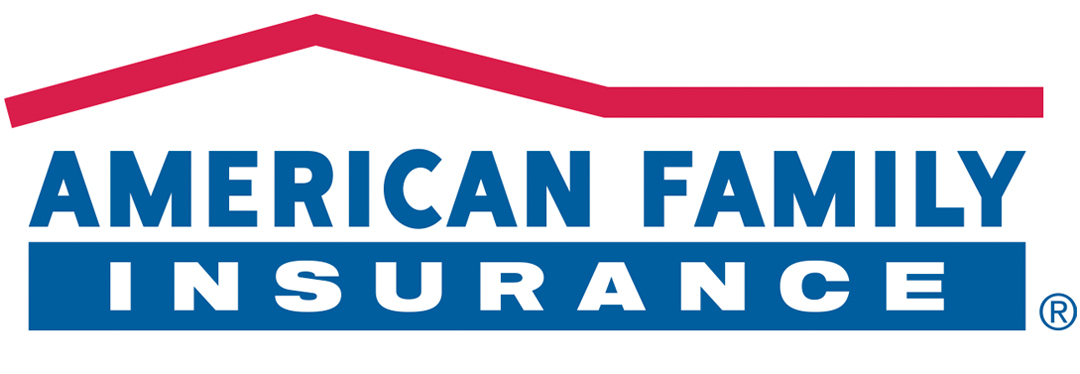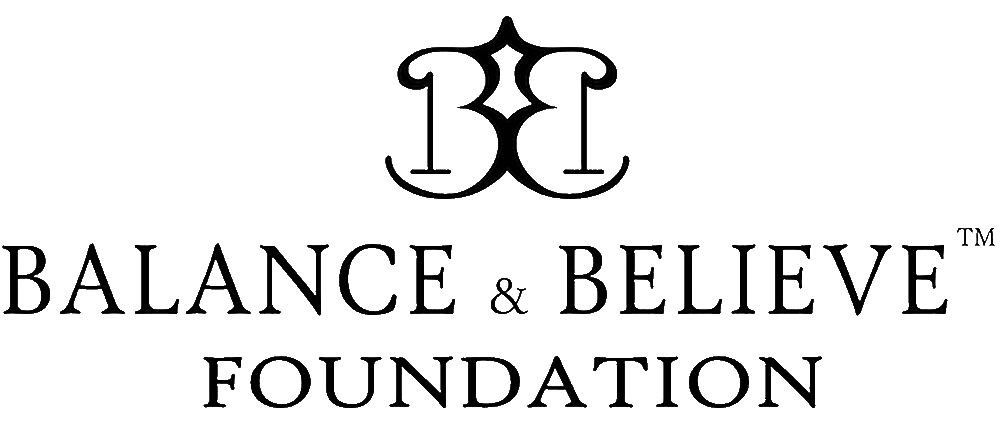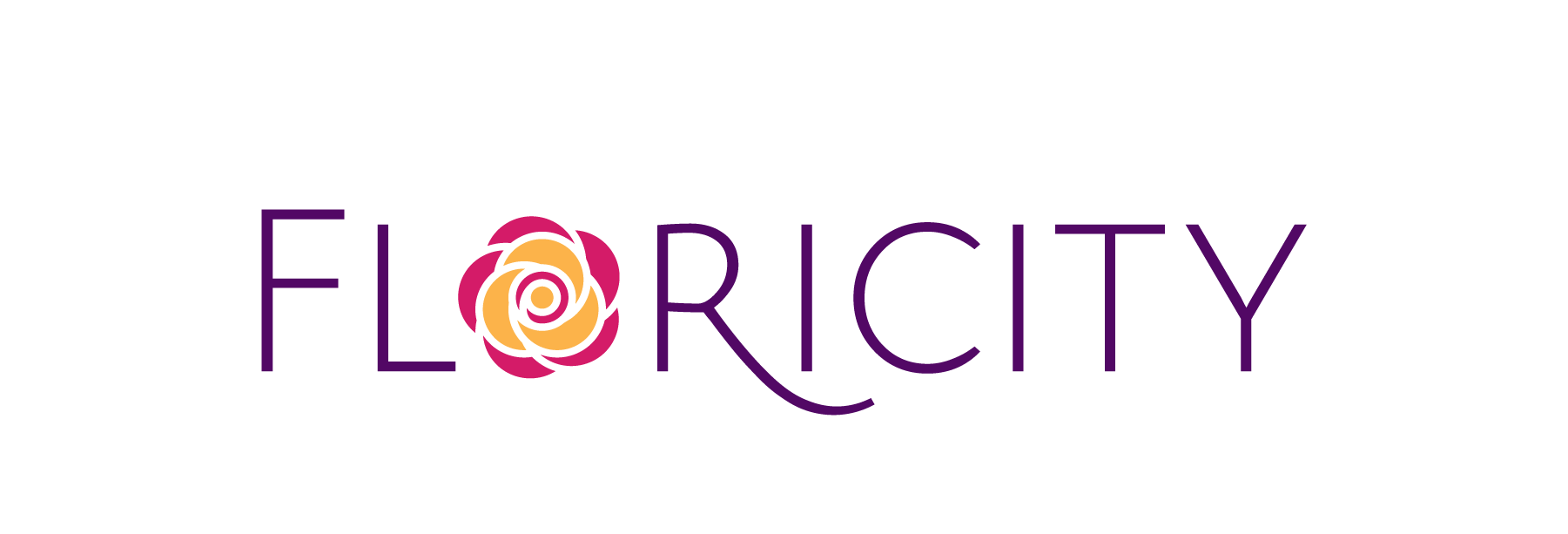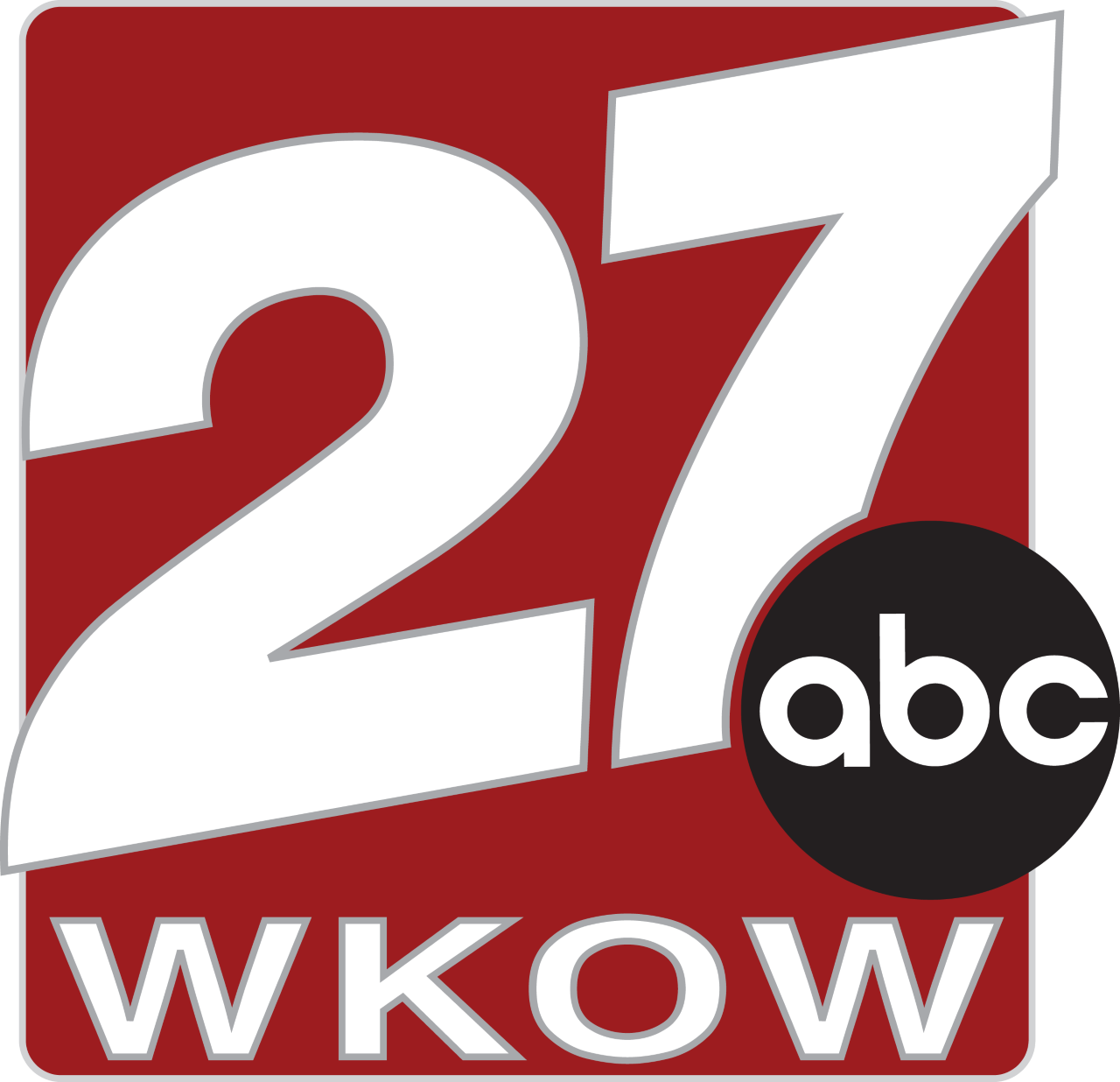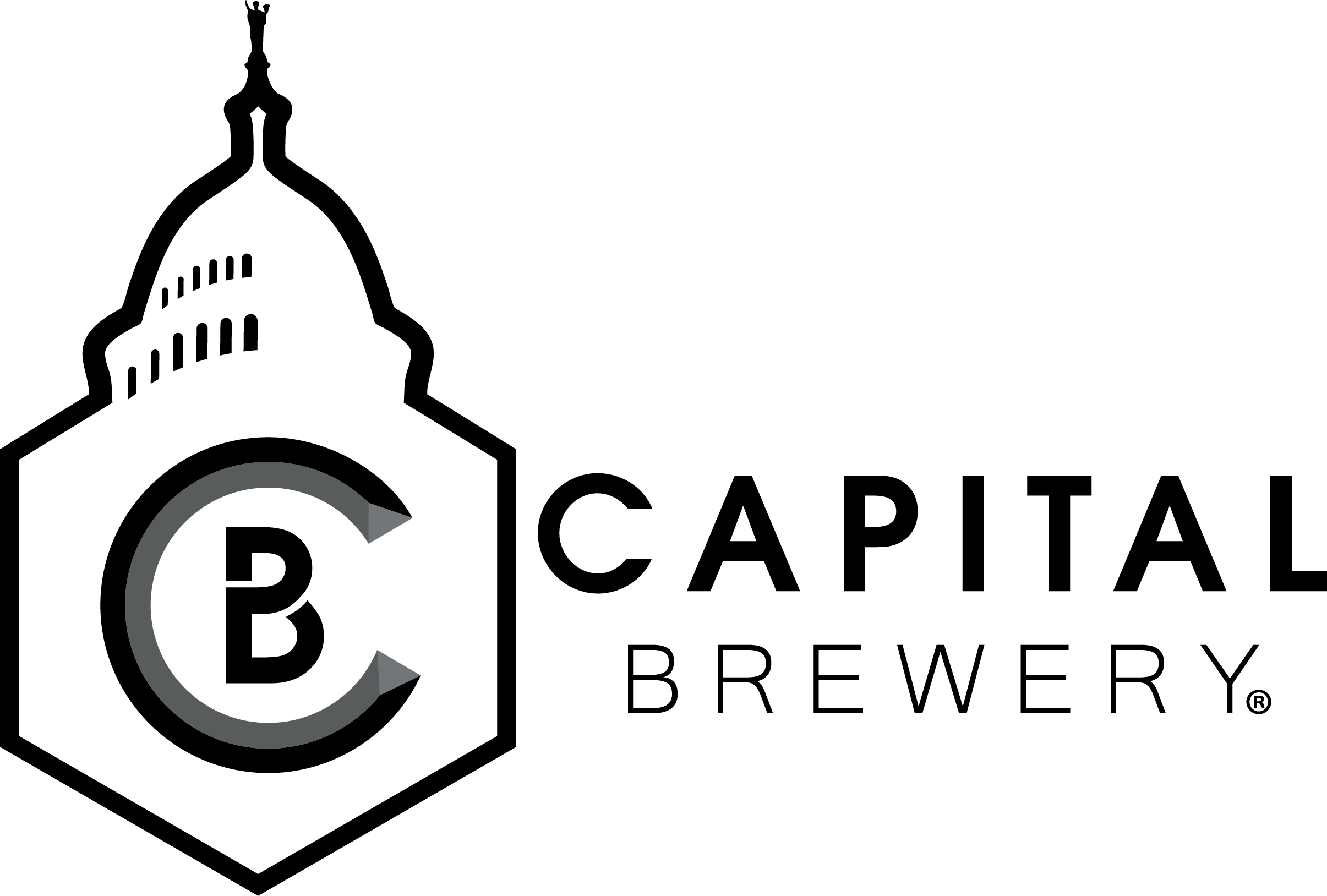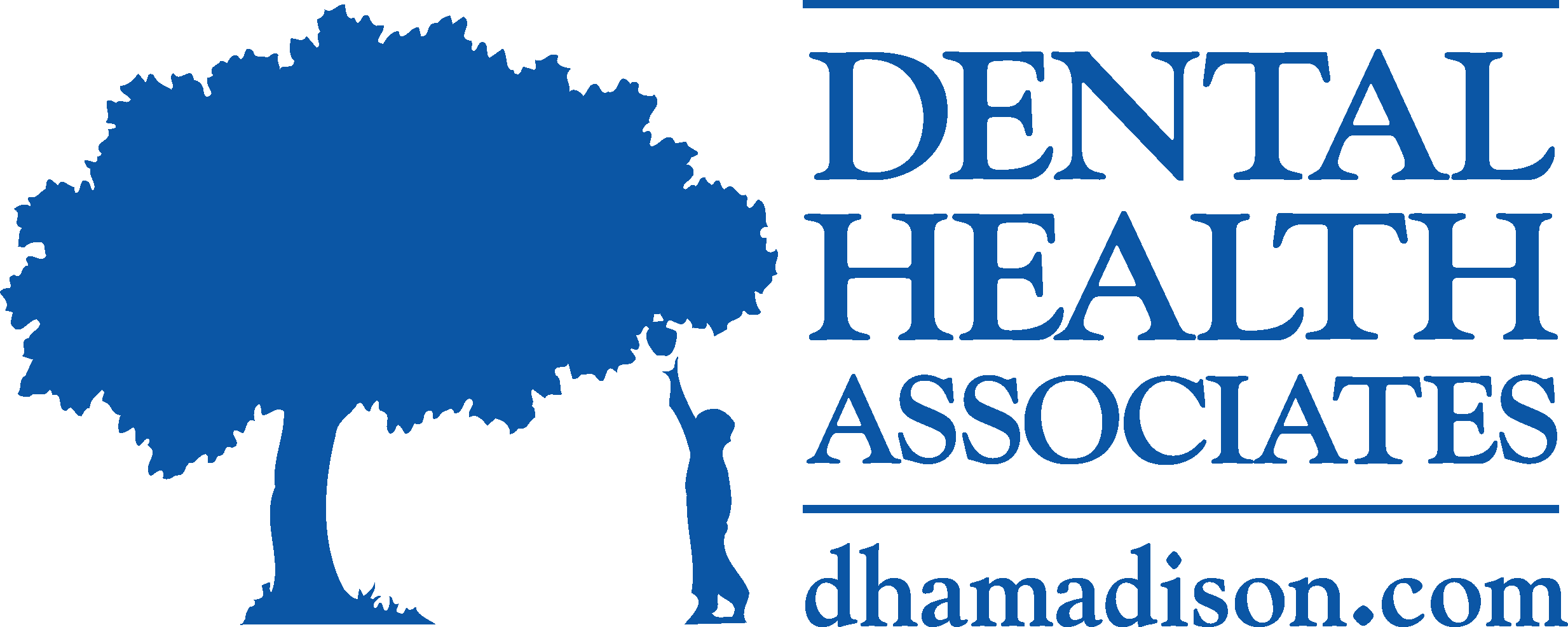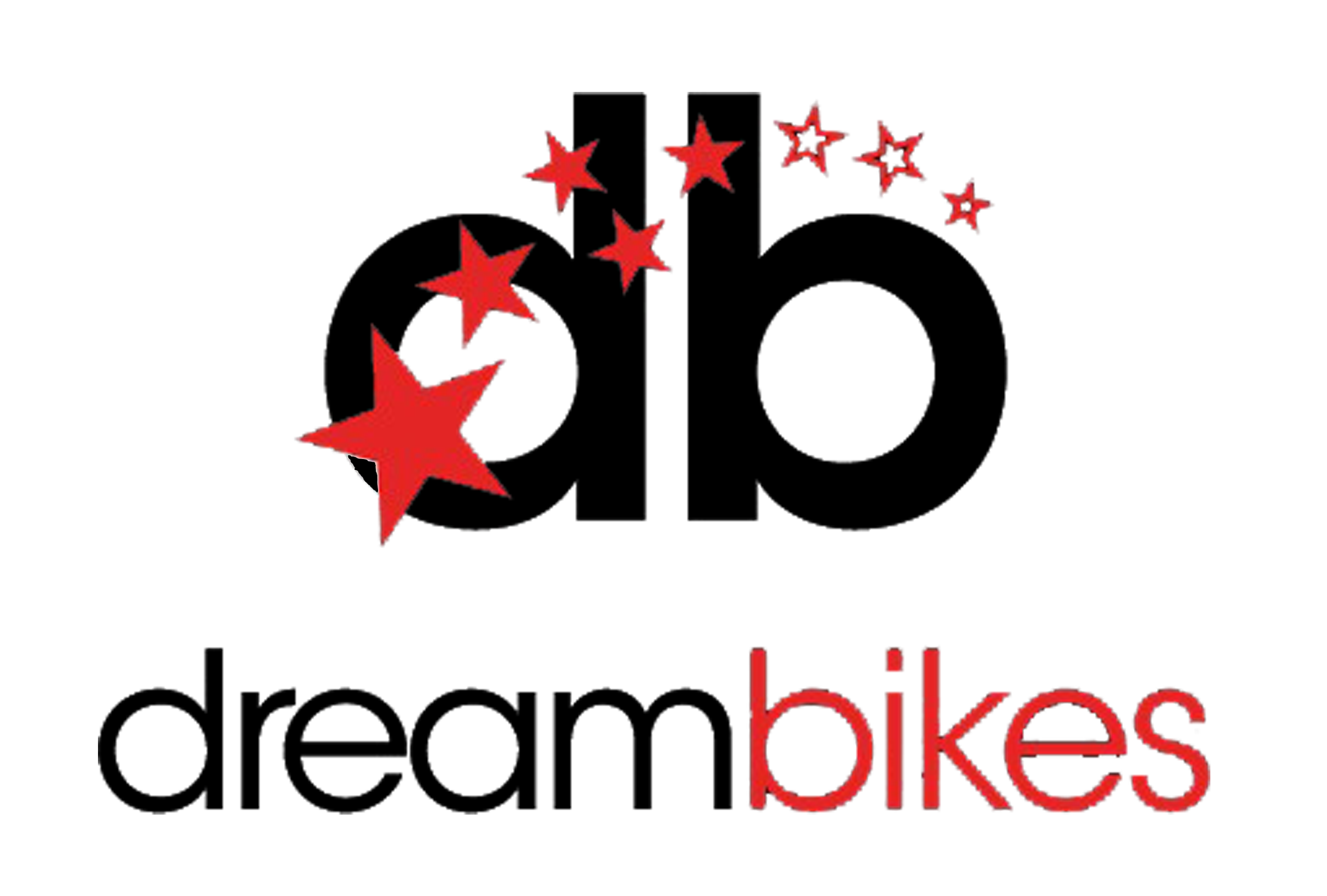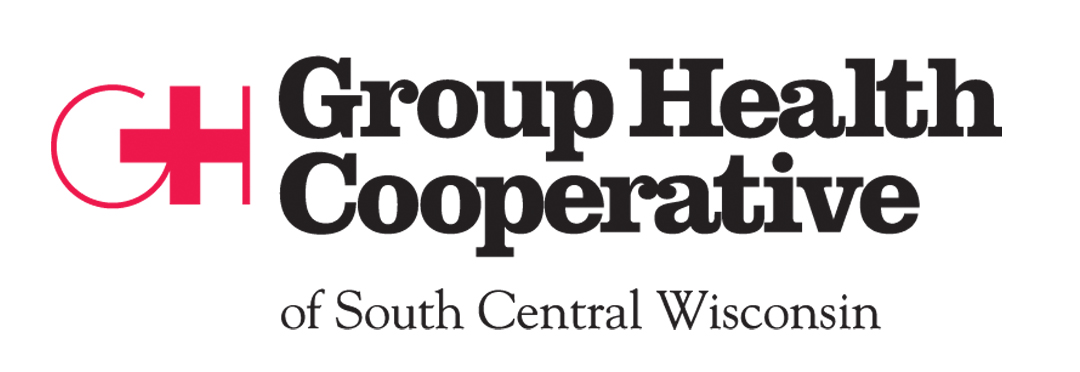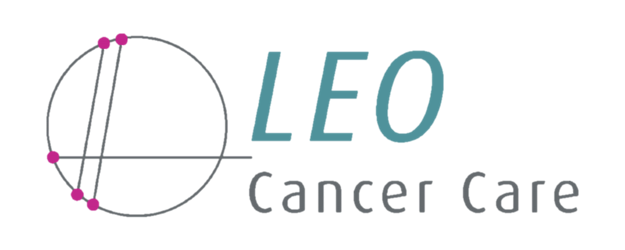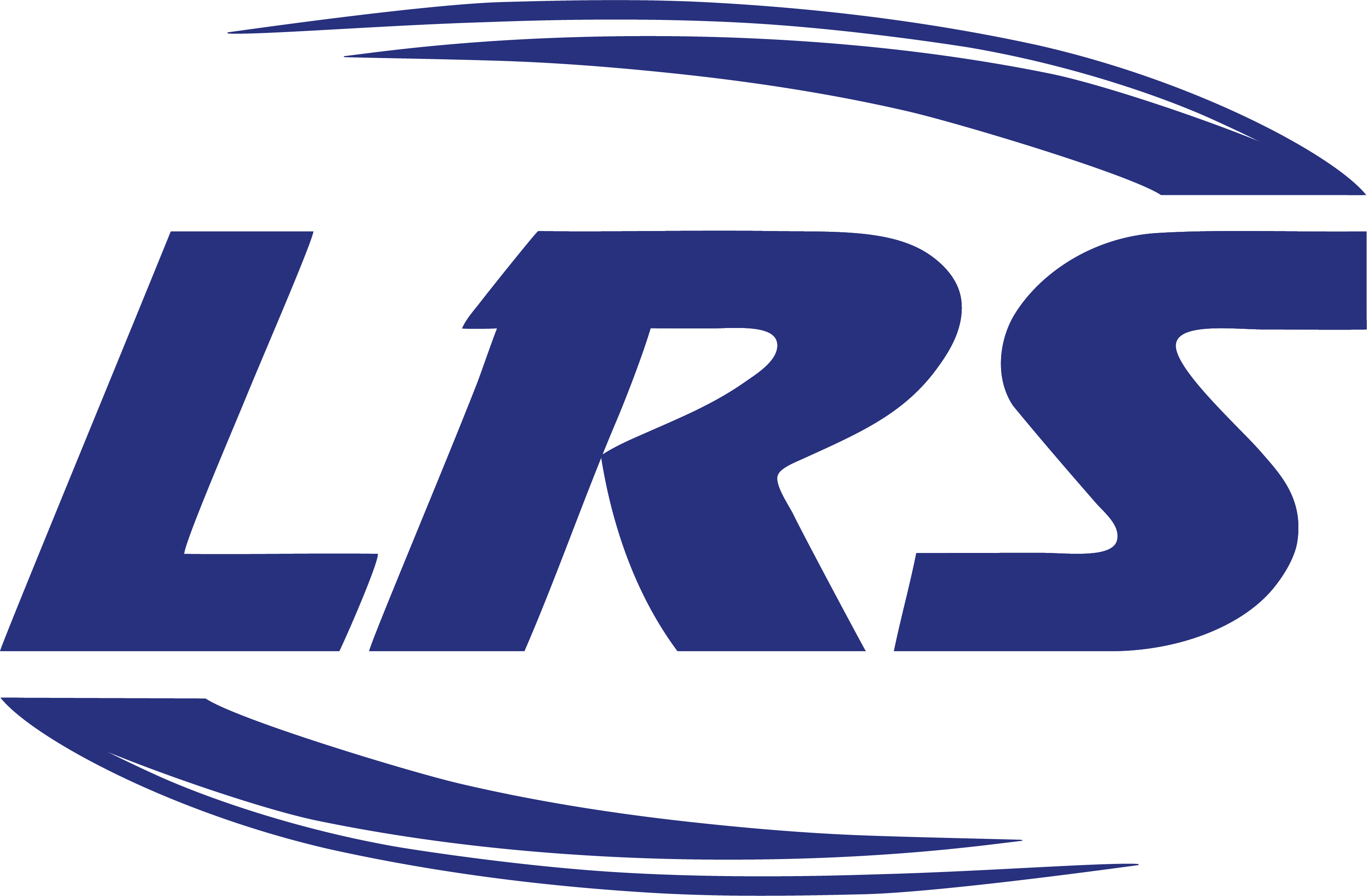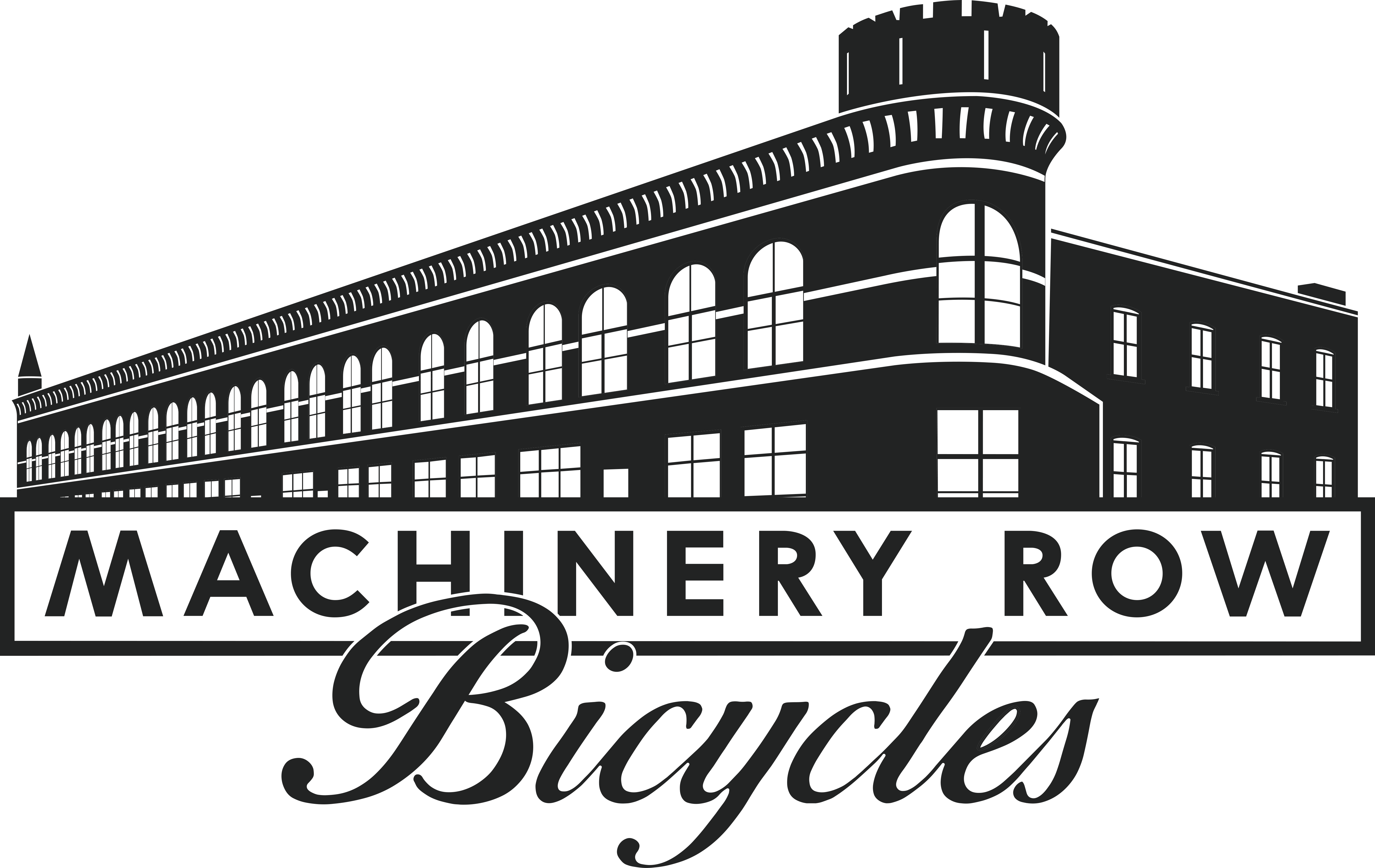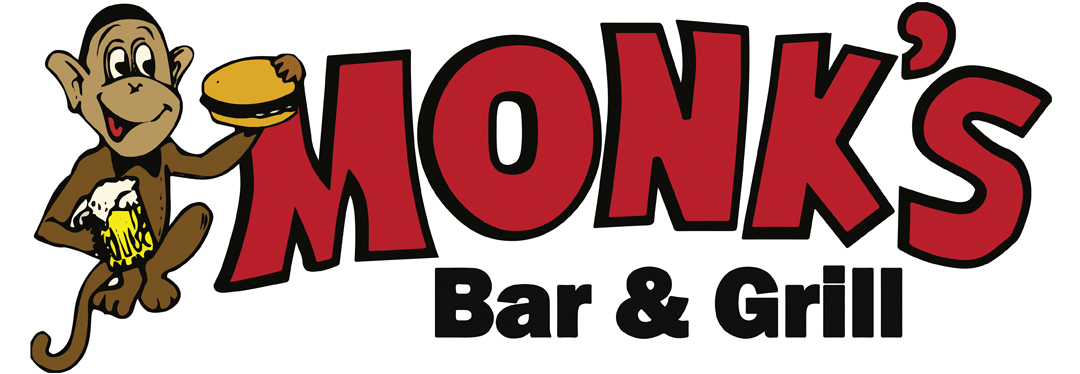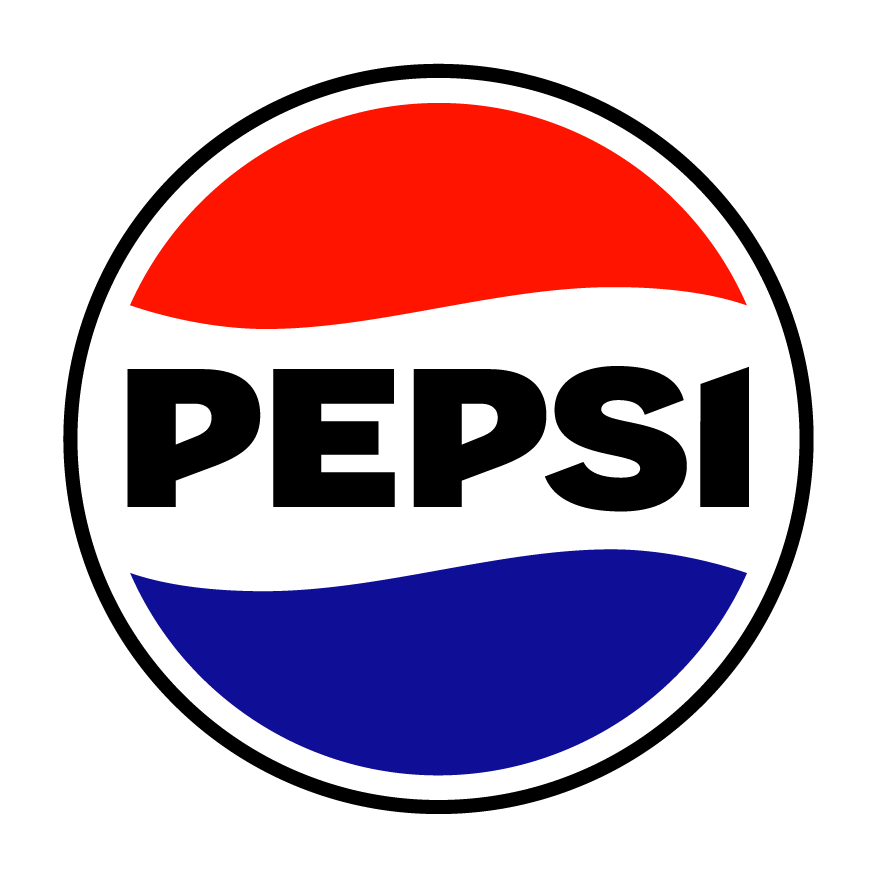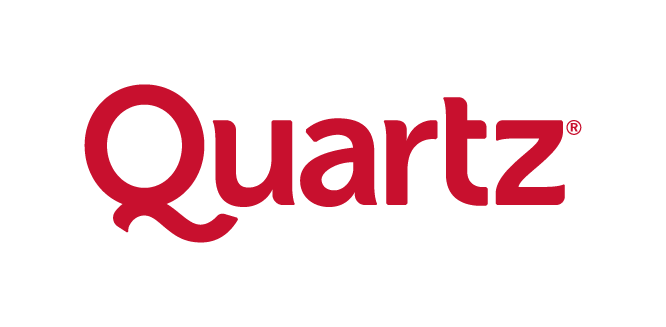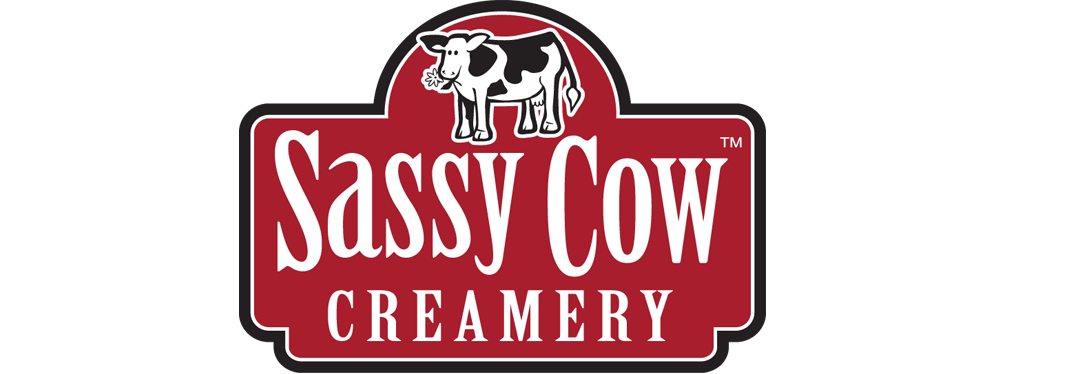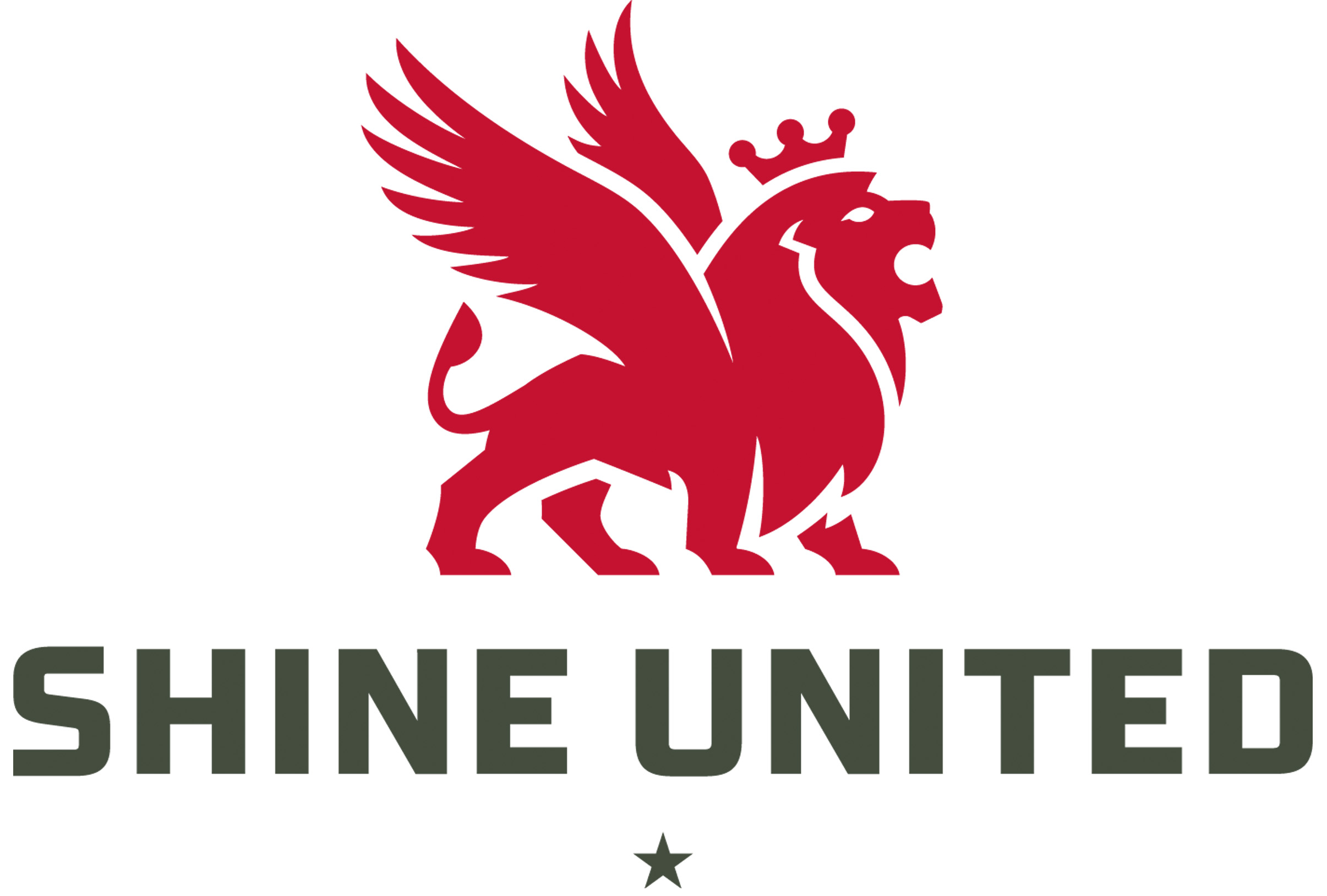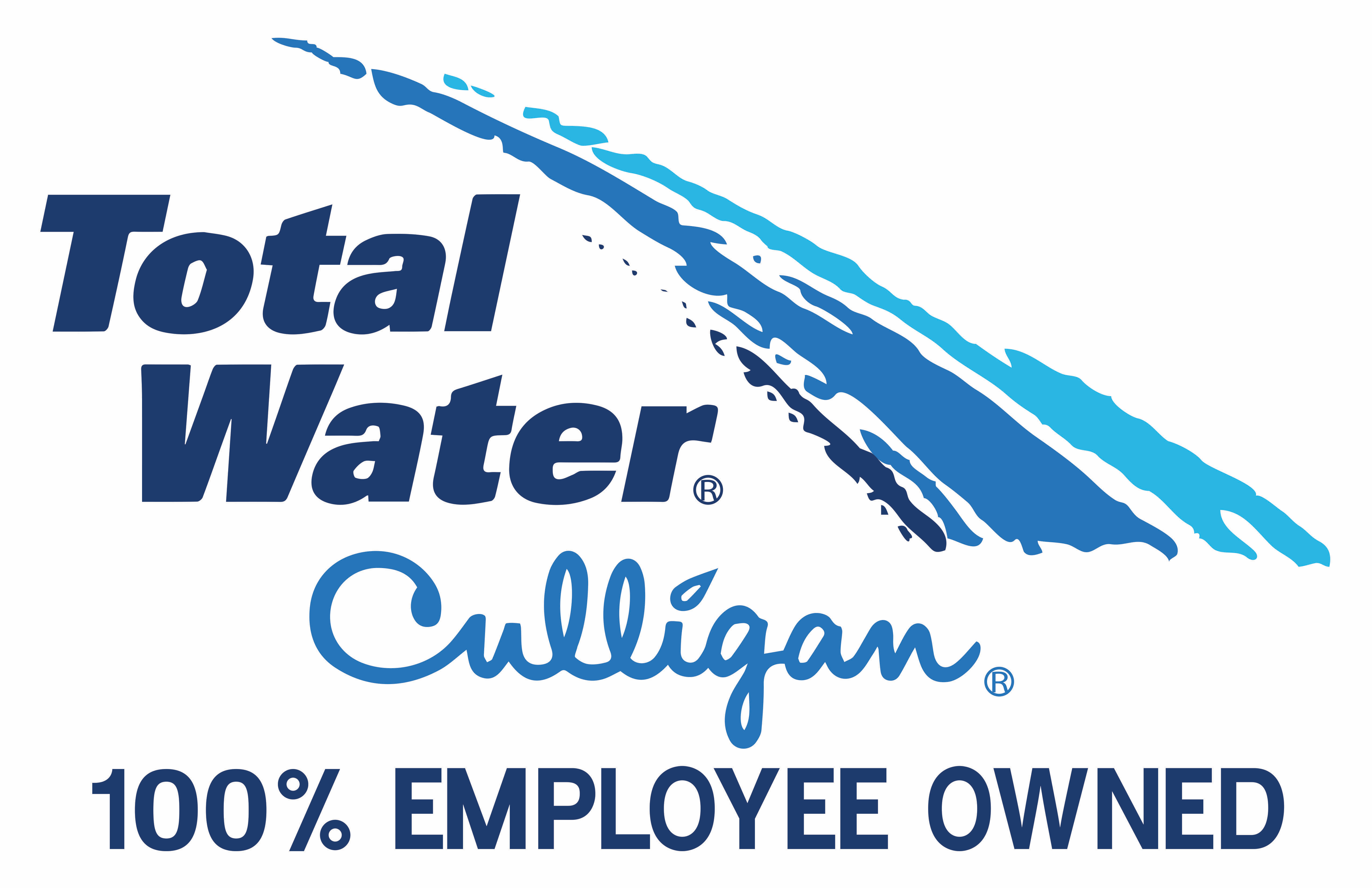Grateful for Successful Treatment, Fulfilling Career
Grateful for Successful Treatment, Fulfilling Career
August 27th, 2017 | Rob Kelly
The UW Carbone Cancer Center holds a special place in Dr. Zac Labby’s heart. It’s where his mom was successfully treated for breast cancer, where he discovered his calling and where he applies his skills and knowledge to benefit current and future cancer patients.
Labby, an assistant professor of human oncology at the University of Wisconsin School of Medicine and Public Health, was a junior majoring in applied mathematics, engineering and physics at the University of Wisconsin–Madison when his mom, Kristine, was diagnosed with breast cancer for the second time. She received brachytherapy—a treatment that uses radioactive material inserted directly into tumors—as part of a clinical trial at the UW Carbone Cancer Center.
At the time, Zac was trying to find his career path. He’d worked in a physics lab and wasn’t particularly interested in becoming an experimental physicist. He wanted his work to provide more immediate benefits, but he didn’t know what that work would be.
Kristine helped him find the answer. She told him, “I met a physicist as part of my care, and we had a good conversation. He suggested that I give you his contact info so that you could talk to him and see what he does in the clinic.”
Zac followed his mom’s advice and had the opportunity to shadow Bruce Thomadsen, a UW medical physics professor, and learned about the role of physicists in radiation oncology. He found his path and went on to earn his PhD in medical physics.
“I’m so grateful that my mom is doing great 11 years later and that her treatment introduced me to a career I love,” Labby says.
A top priority of medical physicists is to find ways to increase the precision of radiation treatments in order to deliver the prescribed dose of radiation to a tumor while sparing healthy tissue. Having recently commissioned a new radiation treatment machine for clinical use, Labby helped find ways to make the machine even more precise than the manufacturer’s specifications.
His research is also aimed at improving precision. “I’d like to push precision to the next decimal point—to find ways to take a system with a 1 millimeter uncertainty and bring it below .1 millimeter. When you’re treating an area within 3 millimeters of the brainstem, a fraction of a millimeter is a big deal and so I’d like to find ways to reduce that uncertainty.”
This research requires substantial funding, which is why Labby is excited about The Ride, a bicycle fundraiser for cancer research at the University of Wisconsin. “These funds are going to help kick-start some research projects that might not be possible otherwise,” he says.
Labby participated in The Ride last year. “It was humbling and rewarding for me to ride alongside cancer survivors and the family and friends of patients,” he says. “I like that there is a route for everyone—from the short family ride to the 100-mile route. It’s great to have all these options so that anybody who’s interested can just hop on their bike, no matter what shape they’re in.”
Labby will participate in The Ride again on Sept. 17. Donate to The Ride and support cancer research at the University of Wisconsin.
